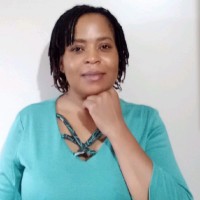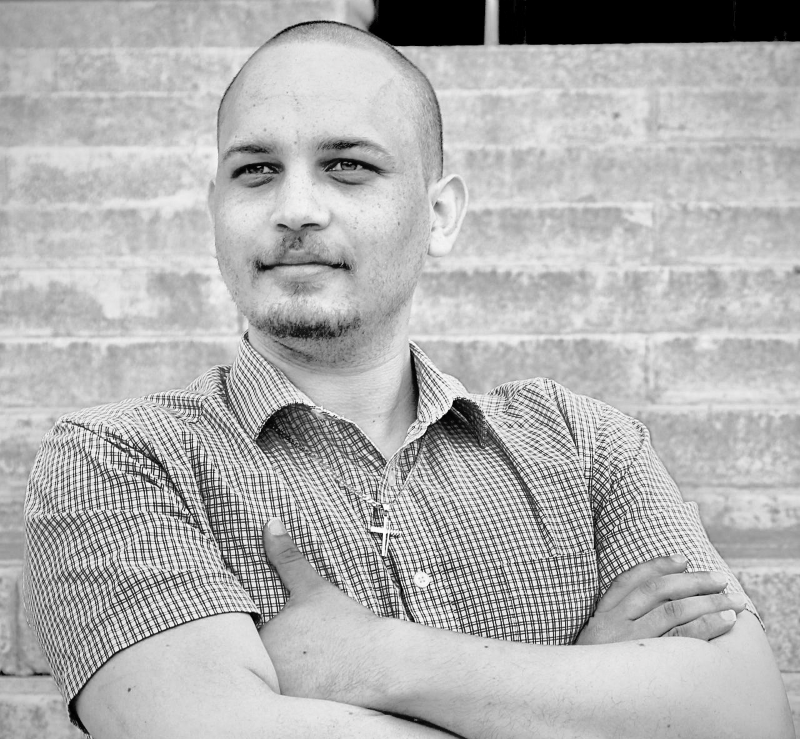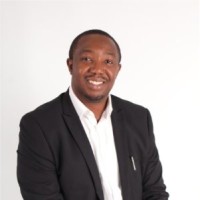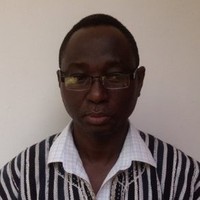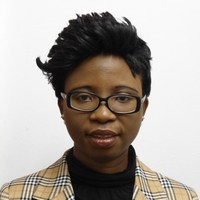Strategic Partnerships and Green Innovations
A Roadmap for Sustainable Co-Value Investment Mixed-Income Housing in South Africa
DOI:
https://doi.org/10.31224/3690Keywords:
Affordability, Asset Management, Community Integration, Economic Viability, Environmental Sustainability, Equitable Urban Investment Theory (EUIT), Governance, Green Building, Housing Policy, Inclusionary Housing Policy (IHP), Investment Theory, Mixed Income Housing (MIH), NIMBYism, Policy Implementation, Public-Private Partnerships (PPPs), Real Estate Development, Social Equity, Sustainable Development, Urban Planning, Urban RegenerationAbstract
Abstract: In the face of mounting pressures to achieve sustainable human settlements, this study explores the intricacies of constructing inclusive housing in line with the United Nations Sustainable Development Goal 11, focusing on South Africa as a case study. Employing investment theory as a foundation, the research meticulously derives guidelines for developing sustainable Mixed Income Housing (MIH) through a thematic analysis of interviews. The study highlights South Africa's preference for segregating housing by income levels, utilising physical demarcations and security measures to address crime concerns. It underscores the efficacy of public-private partnerships in housing development, emphasising the necessity for government and municipal provision of land and infrastructure to mitigate service costs. This collaborative model is posited as a means to alleviate poverty through construction jobs and the promotion of Small Medium and Micro Enterprises (SMMEs), with vocational training playing a pivotal role in job creation. The analysis points to the critical need for investors to fully leverage government subsidies towards creating affordable housing units, cautioning against the imbalance of investment returns that disenfranchises governmental social objectives. The paper advocates for the development of Greenfield sites using green technologies and enhanced infrastructure to forge sustainable, inclusive urban spaces that bridge income and racial divides, presenting a model for sustainable urban development that marries economic viability with social equity.
Theoretical Contextualisation Statement: This research on Mixed Income Housing (MIH) through the lens of the Equitable Urban Investment Theory (EUIT) offers a comprehensive examination aligned with the aims of the Journal of World Development. It explores the intricate dynamics of urban development, focusing on sustainable MIH as a mechanism to mitigate issues like poverty, housing insufficiency, and social inequality—core concerns of world development. The study is situated within the broader discourse of global development challenges, emphasising the role of MIH in improving living standards by fostering inclusive, sustainable urban environments. It addresses critical development issues such as environmental degradation, inadequate shelter, and social disparities by proposing a multidimensional framework that integrates economic viability with social equity and environmental sustainability. By applying the EUIT, a theory the paper develops, the research provides a novel perspective on public-private partnerships and government roles in enhancing housing markets, crucial for promoting equitable growth and participatory economic and political life. This aligns with the journal’s focus on disseminating ideas that enhance the human condition and learning from varied international experiences. The paper contributes constructively to global dialogues on development, offering lessons from the South African context that are applicable to diverse nations and societies, thus embodying the journal’s mission of fostering global cooperation and understanding through academic and practical insights into development processes.
Downloads
Downloads
Posted
Versions
- 2024-07-10 (2)
- 2024-04-26 (1)
License
Copyright (c) 2024 Prisca Simbanegavi, Malcolm Weaich, Kolawole Ijasan, Divine Kwaku Ahadzie, Yewande Adewunmi

This work is licensed under a Creative Commons Attribution 4.0 International License.

